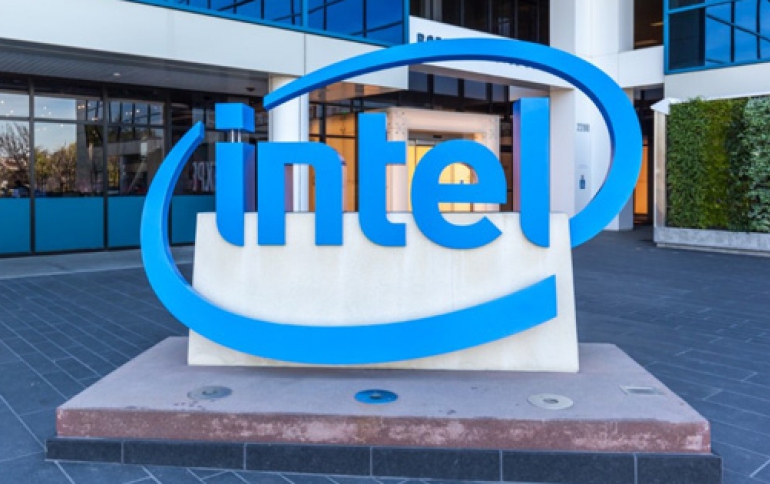
Intel Teams Up With Delphi and Mobileye for Self-Driving Cars
Intel, Delphi Automotive and Mobileye will collaborate in an alliance in order to advance autonomous vehicles.
As part of the deal, Intel will provide specialized computer chips to Delphi, an auto supplier, and Mobileye, an Israeli company that specializes in vision systems that have been used in some of the autonomous-driving systems made by Tesla Motors.
Within about two years, Delphi and Mobileye hope to offer automakers a system that can give less expensive cars and trucks the intelligence to drive themselves. At the center will be a package of Mobileye and Intel chips capable of computing about 20 trillion mathematical operations a second. A later version of the system will aim to have two to three times that processing power.
Delphi and Mobileye will begin using the Core i7 Intel chip and later would use a more powerful and unnamed processor to be unveiled in a few weeks.
Delphi is currently using its own radar technology and Mobileye?s image processing system, with self-driving algorithms developed by Ottomatika, a company spun off from Carnegie Mellon University.
The partnership is the latest by Intel in its bid to muscle into the rapidly expanding automotive chip business. Nvidia, Qualcomm and a few other companies are ahead of Intel, which has struggled to duplicate its desktop success in other areas, including mobile devices and automobiles.
Intel announced this month that it would invest $250 million in start-ups working on automated-driving technologies. In July it formed a partnership with Mobileye and the German automaker BMW to provide chips for a self-driving car that BMW intends to begin producing by 2021.
Nvidia makes a processing unit that Audi is putting into its newest models, and the the Drive PX 2 chip that Tesla has just started using its cars. The Drive PX 2 can compute 24 trillion operations a second. Nvidia recently demonstrated a more powerful version called Xavier.





















